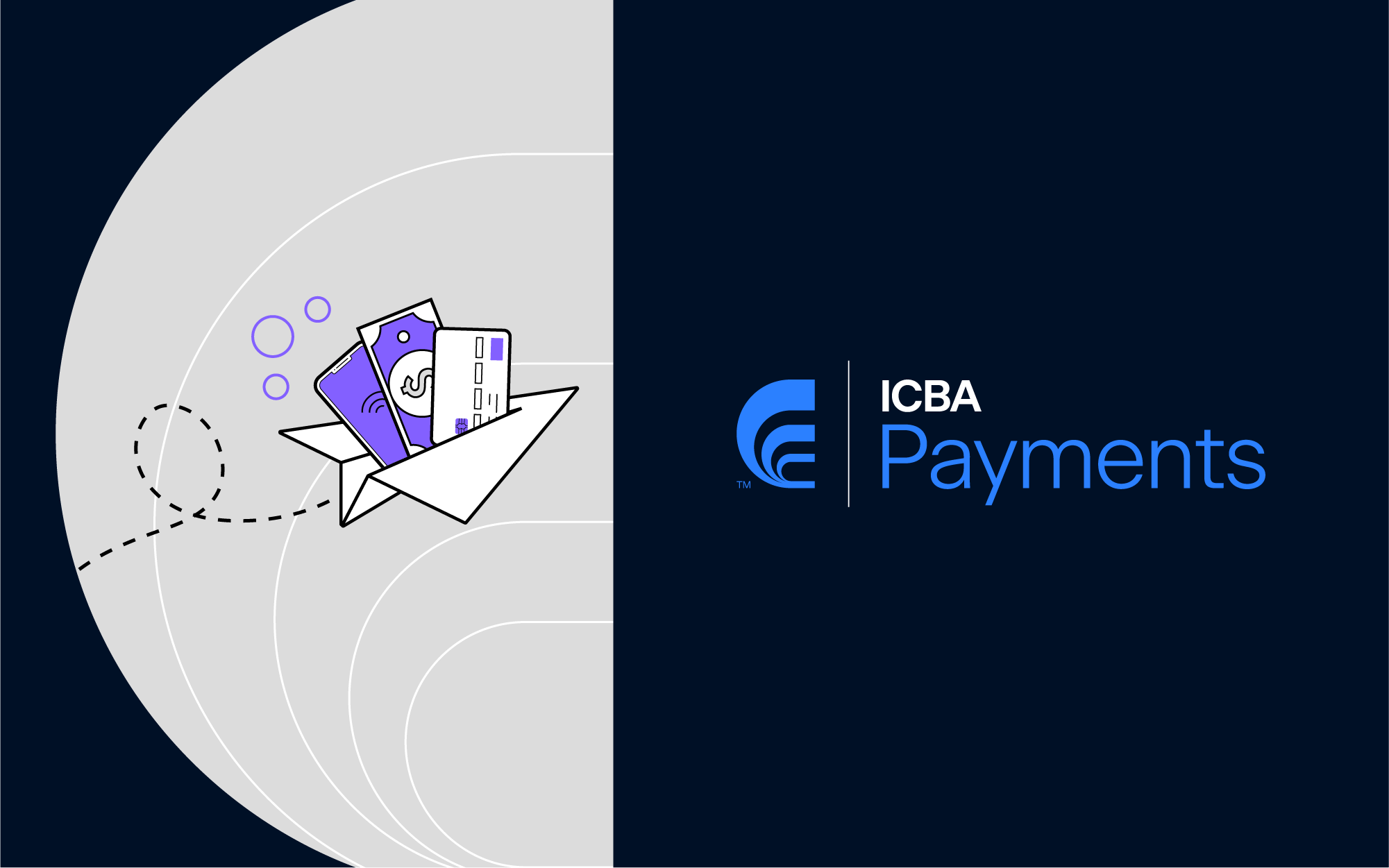On a daily basis, my team identifies, investigates, and responds to fraud, including customer scams. While our fraud monitoring systems flag unusual activity, the bulk of our time is spent evaluating the situation and then discussing it with the customer to get to the bottom of what really happened.
As fraud attacks have become more sophisticated, they prey on specific customer vulnerabilities, and we have seen a rise in both the number of scams and the range of customers targeted. That fraud growth has tested our customer relationships. Having the “you’re-a-scam-victim” conversation with customers is necessary, but highly sensitive and difficult.
Because, truth be told, no one wants to feel like they’ve been scammed. Shame and embarrassment surface when you feel duped, putting you on the defensive. Across the board, customers prefer to believe that scams happen to someone else, not them, and don’t want to be told otherwise.
Impact statements for shifting perspectives
That’s why scam conversations have to be handled with care, but at the same time, firmly emphasize the importance of discontinuing the fraudulent relationship. While these conversations are never comfortable, we have found that the following three statements help in convincing the customer to at least consider what you’re saying and view the scenario from a different perspective:
“Say ‘no’ to the next request.” When someone’s a victim of an ongoing scam, often they have built a relationship with that fraudster. They may not believe you if you say it’s a scam, but if you encourage them to try saying no and see what happens, the fraudsters may very well reveal themselves in their reactions. It’s a way to allow your customers to take control of the situation and see for themselves.
“As your trusted financial partner, I’m telling you this with your best interests in mind.” The community bank relationship model matters in these instances. When your customers have an existing connection with you or a member of your team, reiterating the duration and depth of your relationship can help them to at least question why they aren’t willing to listen to you.
“I’m advising you against making any further payments in this way to this business/to this person, and if you do, the fallout is your responsibility.” Be explicit with your recommendation against continuing on this path and tell them in no uncertain terms that if they choose to continue, they are on the hook for what happens. Use whatever authorization process your bank requires to obtain verification so that they understand that if they proceed, it’s against your advice. This results in two benefits: 1) Customers understand their ownership of the situation and any resulting fallout; and 2) You have reduced your bank’s liability by going on record with your advice.
Other options exist for helping customers work through their victim status, but we’ve found these to be effective in driving them to question their so-called connection with the scammer.
Circumventing fraud claims
While much of this work requires manual intervention, stopping fraud before it occurs is more cost-effective than having to work through a full-scale fraud investigation. If you’re not screening transactions closely and having these difficult conversations with your customers, you will still likely have to address the situation when it comes in as a fraud claim. And, if customers remain uneducated, they will continue to fall for these scams. In short, it pays to invest in these mitigation practices, both to protect your bank and your customer relationship.
As we always say, the best defense is a good offense. Ensuring customers hear and understand you when you identify a scam scenario will go a long way toward protecting them and the bank.
Interested in discussing this and other topics? Network with and learn from your peers with the app designed for community bankers. Join the conversation with ICBA Community.
Katlyn Lents is vice president of fraud at TCM Bank, N.A., a subsidiary of ICBA Bancard that offers credit card portfolio purchasing and agent bank credit card program options.
Sidebar:
ICBA Payments’ Fraud Loss Protection Plan (FLPP)
If you find your bank dealing with fraud losses from scams, make sure you have some protection by enrolling in ICBA Payments’ Fraud Loss Protection Plan (FLPP). FLPP helps your bank recover losses from fraud, providing essential support against threats like card theft, account takeover, and more.
Key features include protection from fraud loss that arises from:
Lost Cards: Helps recover losses from fraud related to lost cards.
Stolen Cards: Provides coverage to recuperate losses due to stolen cards.
Cards Not Received (NRI): Assists in recouping losses when cards are fraudulently intercepted in transit.
Counterfeit Cards: Supports recovery of losses from counterfeit and skimmed card fraud.
Account Takeover: Helps cover losses due to identity theft, phishing, and account hacking.
eCommerce Fraud: Offers protection to recover losses from ecommerce fraud and unauthorized online transactions.
Friendly Fraud: Helps recover losses from chargebacks due to disputed legitimate purchases.
Virtual Cards: Supports recovery of losses from fraud involving digital-only card transactions.
For more information, visit icba.org/flpp.






